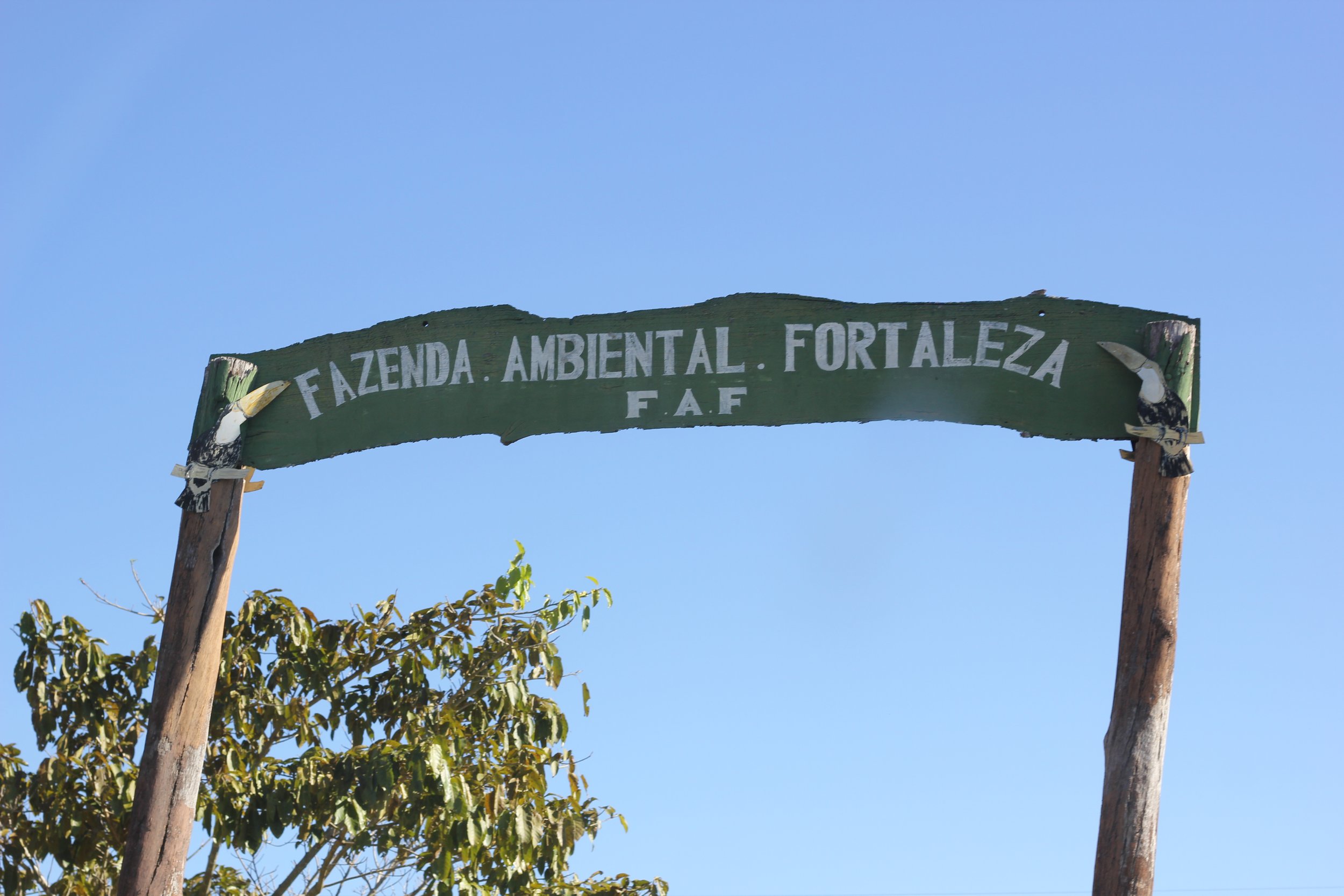In his book, Regenesis, George Monbiot begins by discovering a hidden universe beneath his feet, when he examines a spade full of soil that he dug up from his orchard. He describes what he discovers with a sense of wonder and excitement. Far from being an inanimate substrate, like an old brown carpet, it is alive and quite literally buzzing with life. Under the microscope, he uncovers thousands of micro-organisms in every handful.
The book explains how micro-organisms in soil interact with plants in complex ways that science is only beginning to understand. Plants ‘communicate’ with soil organisms via chemical signals, sending messages down to the colonies of bacteria through its roots. The micro-organisms change their activities to provide plants with the different nutrients at the right times, exchanging goods and services like in a bustling village market.
Monbiot goes on to describe how our ability to feed the world, and to combat climate change, depends on keeping soils healthy, yet our global industrial farming systems are turning the Earth’s living soils into dead dust. He makes a startling accusation that the only research funding into understanding how soil works is by agrochemical companies who seem intent on destroying it. The book makes a powerful case for a total re-think of the way we farm our food.
The book brought to mind a visit I made in 2019 to Fazenda Ambiental Fortaleza, a coffee farm in Sao Paulo, Brazil. ‘FAF’ is a model organic farm, created by founder Silvia Baretto and her husband Marcos Croce. Silvia and Marco had been living in Chicago when the opportunity came along to take over the farm in Brazil that had been in her family for over 150 years. She decided to do it on the condition that they commit to converting the conventional farm over to organic agriculture. Over the years the farm had been grown intensively, with hundreds of hectares of land used in coffee and cattle production. Marcos, with a talent for turning a phrase, recalls that this was the start of ‘years of of work turning dirt back into soil’.
Nowadays FAF is a family business that also employs Marcos and Silvia’s son, Felipe, along with other members of extended family. Felipe explains that their work now includes working with many neighbouring farms, helping them to develop a durable farming system that works now and in to the future. In the past, many of these small family farms were in debt or barely breaking even, unable to compete with larger farms lower in the valley, and increasingly dependent on expensive synthetic fertilisers to make anything grow.
FAF’s way of working takes things back to basics, placing much more emphasis on the health of the land, including the soils and water courses. They are making investments in ecological water treatment on the farms, to ensure that the rivers are kept clean, and that farms further downstream have access to clean water. Perennial grasses, and selected tree species are being planted between the rows of coffee trees to provide shade (protection from the sun and frosts) and improve soil structure and biodiversity. The coffee on these farms is meticulously hand picked, which not only ensures that the harvested crop is of the highest possible quality, but also helps prevent unnecessary damage to the coffee trees for the next season. Coffee trees don’t reach maturity for three years, and won’t achieve maximum yields for perhaps five; it is imperative that the investment is protected.
Young coffee trees at Fazenda Ambiental Fortaleza, intercropped with grasses and tree saplings
Marcos insists that these farms must be both economically and environmentally sustainable. It’s no good farming land that cannot provide a fair income, just as it is no good making money on land that has no ecological future. FAFs partners are helped to learn how to produce coffee that fetches a premium in the speciality coffee market. They learn more about spil and plant health, compost, harvesting, modern coffee processing, roasting and brewing coffee. In doing so the farmers become all-round coffee professionals that have an in-depth knowledge of their product. FAF call this approach ‘Total Quality’.
The Croce family are so convinced of this approach that they are planning a party to celebrate its success. The party will be in 100 years time, and we’re all invited.
FAF coffees feature regularly on our menu, in our blends and single origin offerings at certain times of the year.
Follow George Monbiot on Twitter



